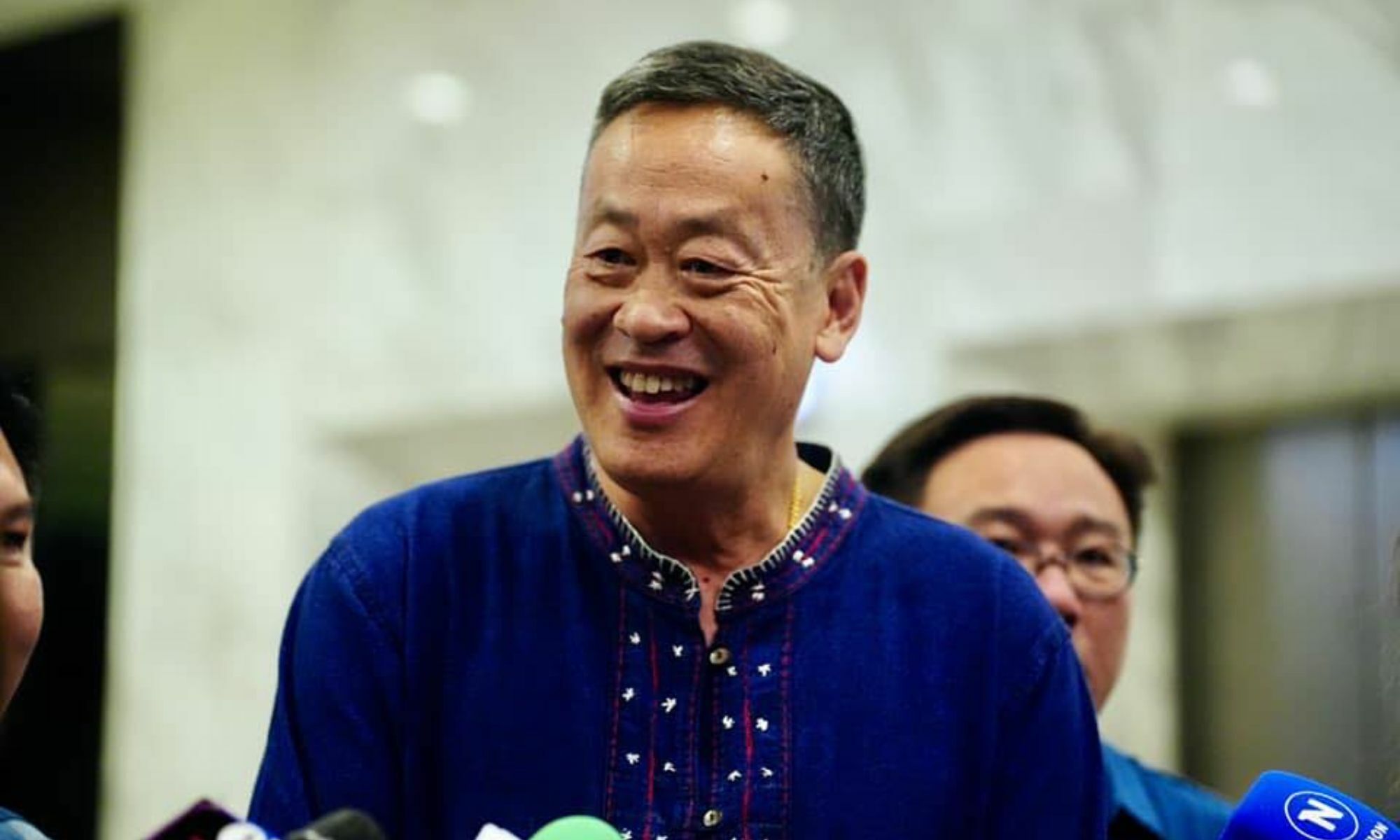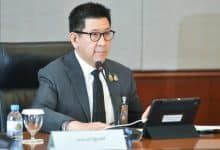Former Sansiri president ensnared in tax-minimising controversy

A tax-minimising strategy, alleged by Chuvit Kamolvisit to involve Srettha Thavisin, the former President of Sansiri, a development firm listed on the SET, appears to be a common practice amongst landlords seeking to reduce tax liabilities on land sales.
Property DNA’s Managing Director, Surachet Kongcheep, observed that it is typical for landowners to aim to lessen tax payments attached to land transactions. ” If two or more individuals collectively own a piece of land, the Department of Lands will consider them as a group. When the group sells the land, they must pay tax at a progressive rate. But the progressive rate will not be collected if the land has a single owner,” he explained.
Typically, tax law stipulates payment of specific business tax and property transfer tax by both single and group landowners during land sales or transfers. According to Surachet, to dodge the group-based tax, multiple landowners regularly transfer ownership in a one-day-at-a-time manner, hence appearing as single owners.
” It is a common practice by landlords and this action is not illegal. In general, during land negotiations, unless it’s a forced sale, the sellers usually have more bargaining power than the buyers,” he included.
In various instances, landowners may request favours like finding tax avoidance strategies or absorption of all taxes from the buyer to help facilitate the sale. There are numerous tactics enlisted by developers or their executives – incorporating family members, setting up companies to purchase land at a specific price, and later reselling to their own companies at elevated prices, creating personal profits.
This landowning-stake controversy was fuelled further when, on Wednesday, accusations emerged against Srettha Thavisin – a prime ministerial candidate for the Pheu Thai Party. Chuvit Kamolvisit produced serious allegations that Thavisin was engaged in tax evasion.
Kamolvisit insisted on robust evidence relating to irregular undertakings linked to Sansiri’s land purchase in August 2019 when Thavisin functioned as the company’s president. Unsettlingly, he argued that Thavisin and Sansiri, through collusion with the landowners, managed to evade taxes worth 521 million baht in the purchase of a 399.7-square-wah land plot located in Lang Suan, reports Bangkok Post.
Latest Thailand News
Follow The Thaiger on Google News:


























